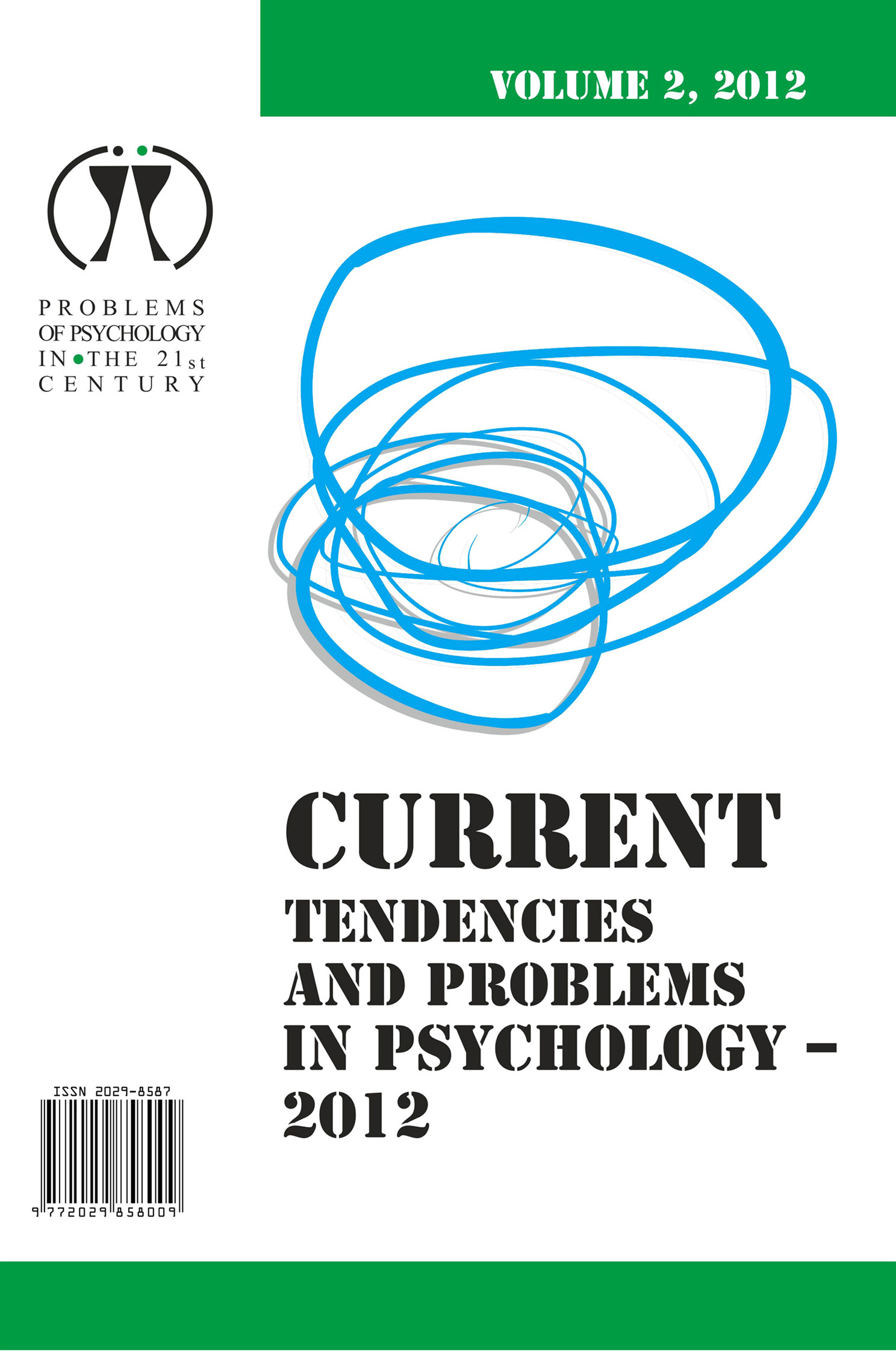WHO WILL BEAT THE CRISIS? SEARCHING FOR FACTORS THAT DEFINE SUCCESSFUL COPING WITH JOB LOSS AMONG WORKING PEOPLE IN CROATIA
WHO WILL BEAT THE CRISIS? SEARCHING FOR FACTORS THAT DEFINE SUCCESSFUL COPING WITH JOB LOSS AMONG WORKING PEOPLE IN CROATIA
Author(s): Darja Maslić Seršić, Majda ŠavorSubject(s): Psychology, Labor relations
Published by: Scientia Socialis, UAB
Keywords: coping resources; coping strategies; job loss; unemployment; work uncertainty;
Summary/Abstract: The study deals with individual factors that are related to more or less adaptive behavior in the situation of job loss. Problem- and emotion-oriented coping strategies, their antecedents and consequences were in the focus. The data were obtained through a two-wave longitudinal study on a sample of 462 persons of various demographic and work characteristics who had recently lost their jobs. In the first wave, data on their demographic and work characteristics, experienced resources (financial situation, core self-evaluation, social support, job involvement and job-search self-efficacy) and strategies of proactive job search, occasional work, job-loss distancing and job devaluation were collected. In a follow-up study, conducted after six months, employment status and perceived work uncertainty were in the focus. The results can be summarized in several general findings: (1) Different patterns of individual characteristics were related to the tendency to use the individual strategy more or less intensively, and the strategies showed different adaptive roles in terms of their relations to measured outcomes; (2) The availability of coping resources is a significant predictor of the most adaptive, problem-oriented, strategy of proactive job search; (3) Some measured resources were not related to emotion-oriented strategies, and some of them stood in negative relations; (4) Proactive job search, but not the measured resources, was a significant independent predictor of reemployment six months later, in addition to age and education level; (5) Employment status, measured after six months, was a significant independent predictor of the concurrent experience of work uncertainty – reemployed individuals experienced less anxiety regarding their future work; (6) Demographic variables and measured resources served alongside current employment status as significant predictors of work uncertainty, but strategies did not.
Journal: Problems of Psychology in the 21st Century
- Issue Year: 2/2012
- Issue No: 1
- Page Range: 39-53
- Page Count: 15
- Language: English

